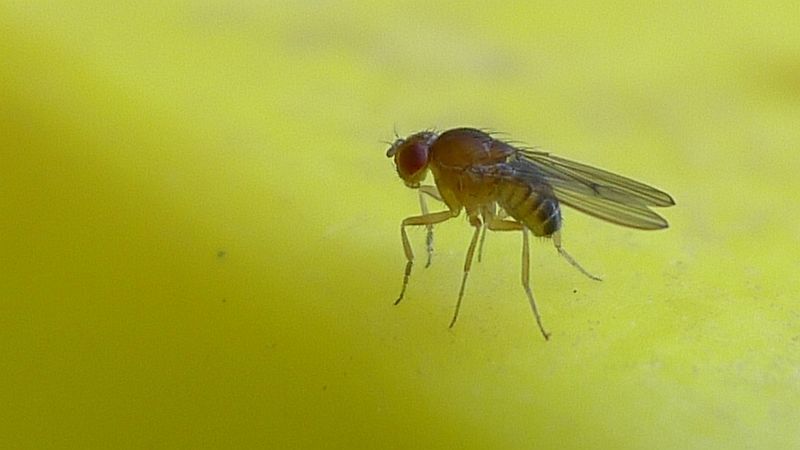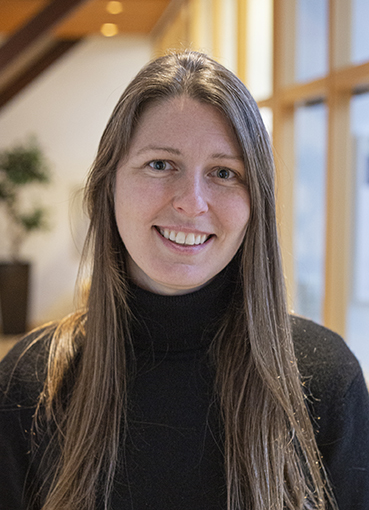CAS Fellow awarded the Dobzhansky Prize: ´I am absolutely thrilled´

In addition to our Young CAS Fellow programme, CAS´ ordinary projects attracts outstanding early career scholars.
Jacqueline Sztepanacz is one of them.

CAS is proud to host this young scholar who has been awarded the prestigious Theodosius Dobzhansky Prize by the Society for the Study of Evolution. The prize is given in recognition of “the accomplishments and future promise of an outstanding young evolutionary biologist”.
´I am absolutely thrilled to receive this prize. The list of past recipients includes many people whose work I have admired for years, so being added to this list is a great honour´, Sztepanacz says.
Why do some organisms not evolve?
The young scholar has left the University of Toronto to spend one semester at CAS in Oslo. She participates in the research group Evolvability: A New and Unifying Concept in Evolutionary Biology?, a highly relevant project for her field of specialization.
Much of evolutionary biology is preoccupied with explaining the vast biodiversity we see all around us, Sztepanacz says.
´However, one of the real mysteries of evolution is the lack of evolution´, she says, and explains that lack of evolution is called the existence of stasis.
´My work aims to uncover the causes and consequences of evolutionary stasis, particularly how the genetic underpinnings of traits relates to their evolvability´, she says, and explains that biologists tend to assume that traits with high genetic variation are invariably evolvable.
This may not be the case, she says:
´I think that traits with high genetic variation may be much less evolvable than we assume, because these traits may also be the most correlated with others in an organism. If that’s the case, changing one trait will change many others, upsetting the delicate balance of an organism´.
Over the next five years, her lab will work to test this hypothesis using fruit flies as a model organism.
As for now, she is making the best out of her stay as a CAS Fellow during a time when the whole CAS concept of working together in a group is greatly challenged.
´The opportunity that CAS provides to interact with the other fellows and visitors, without the usual constraints of our day-to-day responsibilities, is really special. As a new professor, I have greatly benefitted from this, and am confident that many of our stimulating discussions and the new relationships that I’ve formed here and will turn into long-lasting collaborations. The pandemic has obviously prevented us from meeting in person for some time now, but the adaptability of our group to move things online has been impressive´, she closes.
Read more about the Dobzhansky Prize on homepage of the Society for the Study of Evolution.